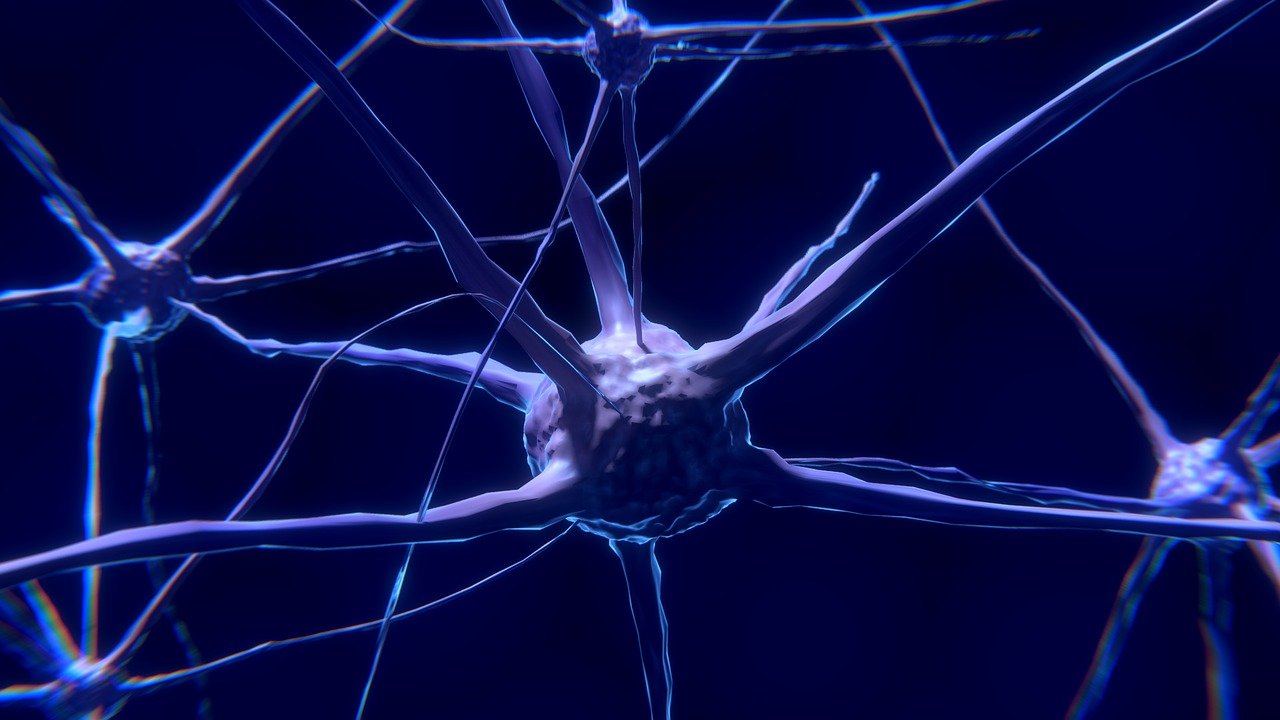Dr. Windebank et al. evaluated neurological impact using a murine model for MGF overexpression. Breeding of transgenic mice was done to help constitutively overexpress MGF in the hippocampus and the subventricular region of the brain – these are the areas of the brain speculated to be associated with neural development and differentiation (neurogenesis). The histological study suggested an extremely high concentration of BrdU, a synthetic marker for detecting proliferating cells in live tissues, in these portions of the mice brain tissues. This represents high levels of cell proliferation and growth in the specific domains of the brain.
A different batch of double transgenic mice was then bred such that the animals produced MGF under certain conditions only when activated by the presence of a triggering agent added to their drinking water. Researchers depended on this new population of mice to study the long-term influence of increased neural MGF production when produced at 1, 3, or 12 months old. Behavioral studies and further histological assays were then conducted at 24 months. Mice showing high Mechano Growth Factor production not only showed signs of neurogenesis but also greater resistance to age-associated neural degeneration, as posited by their improved olfactory responses. They also appeared to display greater speed and higher success in cognitive tests.
The speculated efficiency of MGF was observed to be age-dependent, as suggested in the study. Early induction of MGF production appeared to have resulted in a more dramatic proliferation of BrdU+ cells and further neurological improvement throughout adult life. If MGF production was not stimulated before 12 months of the age of mice, there appeared to be no significant histological or behavioral differences compared to the control group.
As per current research, the cellular site of action or MGF mechanisms is unknown, and further studies are suggested to be needed to deep dive into the cellular and behavioral potential of the Mechano Growth Factor on neurogenesis.
Disclaimer: The products mentioned are not intended for human or animal consumption. Research chemicals are intended solely for laboratory experimentation and/or in-vitro testing. Bodily introduction of any sort is strictly prohibited by law. All purchases are limited to licensed researchers and/or qualified professionals. All information shared in this article is for educational purposes only.






